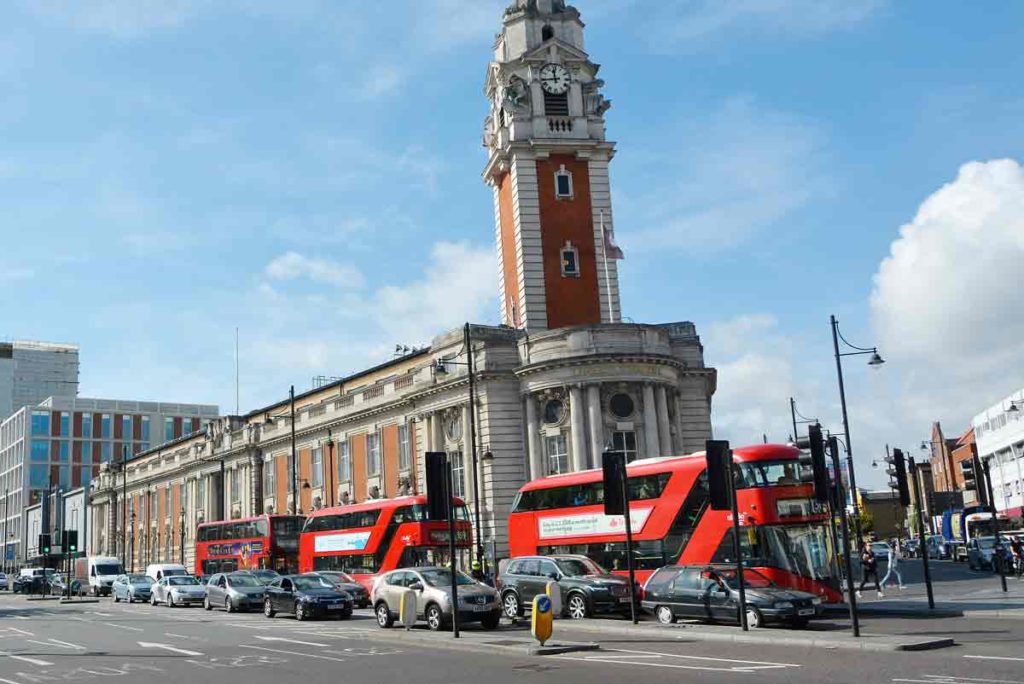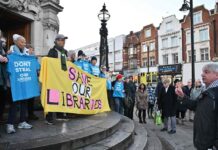
Lambeth council last night (15 July) backed a call, prepared jointly by the ruling Labour and opposition Green groups, that calls on national government to examine reparations for slavery.
The national Green Party said that it believed the motion, which it said was initiated by Green Party councillor Scott Ainslie, is the first such motion to be passed by a UK local authority.
It calls for a government commission to study the impact of the transatlantic traffic in enslaved Africans on social, political and economic life in the UK.
This would be “to begin understanding the legacy of slavery on the society we live in and to start conversations on how to address it, which go further than a symbolic apology.”
The council will seek UK government support for an all-party parliamentary commission of inquiry for truth and reparatory justice and urge the government to commit to “holistic reparations”.
It will support work by the Runnymede Trust, the Black Curriculum and others to overhaul the school curriculum to better educate about the UK’s role in slavery.
The council noted that the UK played a major role in the transatlantic traffic in enslaved Africans which saw at least 15 million people forcibly trafficked, with many thousands losing their lives during the crossing on British ships.
It said a great deal of the wealth of the UK “was founded on this vile crime against humanity”, and that its legacies are still prevalent in society.
The council said that the beneficiaries of the genocide of African people, including many institutions and families in the UK, “continue to benefit, but have not made reparations, while the descendants of the victims continue to suffer racism, discrimination and inequality”.
One of the most visible and enduring legacies of enslavement and colonialism, it said, “is systematic racism that exists within Western societies, which the Pan-African Liberation Movement, the Black Lives Matter Movement, the International Decade for People of African Descent Coalition UK and other organisations within Black communities are campaigning to eliminate.”
It pointed out that, while the UK abolished slavery in 1833, it did so only after 200 years of profiting from it, adding: “When abolishing slavery it paid £20m, the equivalent of £17 billion today, to ‘compensate’ enslavers, whilst those which were enslaved were not compensated at all.” The money the UK government borrowed for this “compensation” was not paid off until 2015.
The motion also backed the campaign for the proposed national memorial to the Windrush Generation to be sited in Brixton and not Waterloo as is currently proposed.
Sonia Winifred, Lambeth council cabinet member for equalities and culture, is auditing the borough’s landmarks, statues roads names and works of art for any links with slavery. A consultation will follow on the results of the audit.






